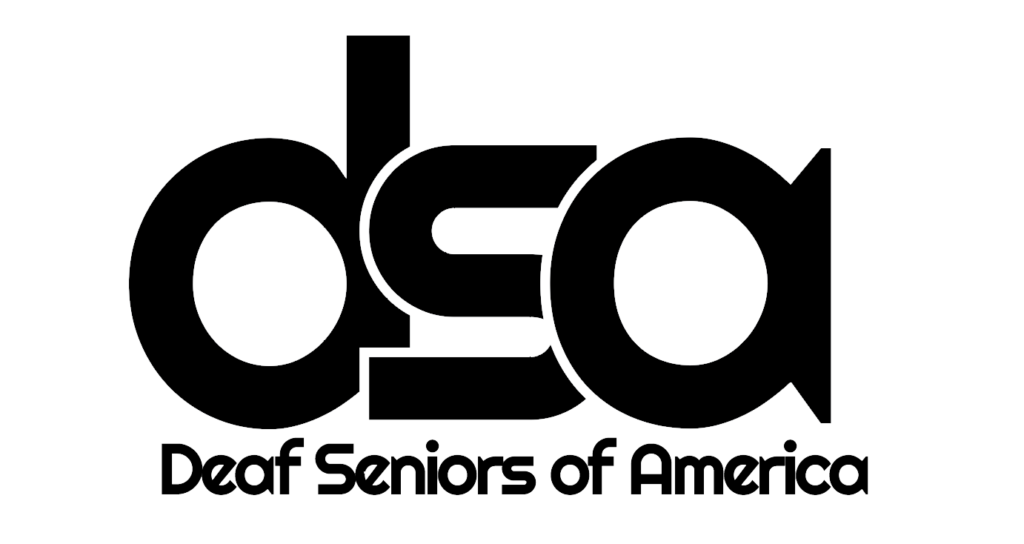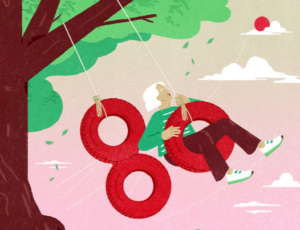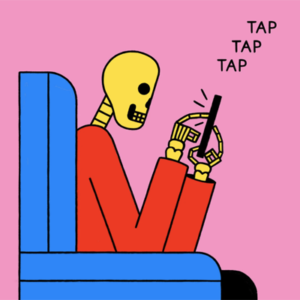Two masks can increase your protection against the coronavirus. Just make sure you know the dos and don’ts. By Tara Parker-Pope and Dani Blum. 03/17/2021
As new, more contagious variants of the novel coronavirus spread around the world, public health officials are advising us to upgrade our mask protection. One of the easiest ways to do that is to wear two masks at the same time. Here are answers to common questions about the dos and don’ts of double masking.
Why do I need to double mask?
New variants of the coronavirus are more contagious. It may be that an infected person sheds greater quantities of virus, or it may be that it takes fewer viral particles to make you sick. Either way, a more contagious virus means we need to wear masks that do a better job of trapping infectious particles. Double-masking can improve the fit of your mask by closing gaps around the edges, and it creates multiple layers of protection against droplets coming in or out.
Can I wear two surgical masks?
Wearing two disposable surgical masks together is not recommended. A standard surgical mask is a blue, rectangle-shaped mask made of paper-like material. While surgical masks are great filters against viral droplets, they tend to fit poorly, leaving gaps on the sides, which reduces their efficiency. Wearing two at the same time doesn’t solve the fit problem. Adding a cloth mask on top of a surgical mask helps close the gaps and creates a more snug fit. For help choosing a cloth mask, the team at Wirecutter, which is owned by The New York Times, has some recommendations. (The mask in the video is the Graf Lantz Zenbu Organic Cotton Face Mask.)
Should I double mask with an N95 or KN95?
The N95 mask is the gold standard for medical masks, and the KN95, made in China, is similar. When worn correctly, both masks will filter 95 percent of the hardest-to-trap particles. If you have access to a genuine N95 or KN95 and it fits well, you don’t need to double mask. The problem is that the N95 and KN95 masks still are hard to come by, and the supply chain is loaded with counterfeits. While the Centers for Disease Control and Prevention does not recommend double-masking with an N95 or KN95, you need to be sure you have the real thing. If you’re not sure, or it doesn’t fit well, covering it with a cloth mask could help. (Another highly effective medical mask is the KF94, made in Korea. Counterfeits typically are not a problem with KF94s, and if it fits you well, you don’t need to double mask.)
If I’m double-masking, why do I need to knot and tuck my surgical mask?
The best way to double mask is to wear a surgical mask as the first layer and cover it with a cloth mask. Tightening your surgical mask is not required, but if it fits poorly, knotting the ear loops and tucking in the corners can improve its filtering efficiency by as much as 20 percent. For a longer demonstration on adjusting the fit of your surgical mask, you can watch this video from UNC Health.
What’s the best way to check for leaks
The C.D.C. recommends a simple method: Just cup your hands around the edges of your mask and breathe. If you feel air escaping around the edges, you’ll want to tighten your nose bridge and ear loops or choose a cloth mask with more flexible material that gives you a better fit. “If the mask has a good fit, you will feel warm air come through the front of the mask and may be able to see the mask material move in and out with each breath,” notes the C.D.C.


Another way to check for leaks is to press your hands around the edges of the mask and breathe. This is how Linsey Marr, an expert in virus transmission at Virginia Tech, checks her own mask. “I have been testing fit by putting on the mask, and then cupping my hands around my nose and mouth and pressing against the sides to see if it makes a difference in how easy it is to breathe through,” she says. “If there’s a big difference with versus without the hands holding down the edges, that means it leaks.”
Is the ‘candle test’ an effective way to check for leaks?
A lot of people ask about the candle test, but it’s not recommended. The idea behind the candle test is that you try to blow out a candle while wearing your mask. If you can’t blow out the flame, some people think that means your mask doesn’t leak. But V. Faye McNeill, a professor of chemical engineering at Columbia University who focuses on aerosol particles, conducted her own candle test with various masks. She found that even poor-fitting, single layer cloth masks passed the test, so it’s not a useful method for evaluating the fit or quality of a mask. “My conclusion: the candle test isn’t a very high standard for masks,” she explained in a Twitter thread.



